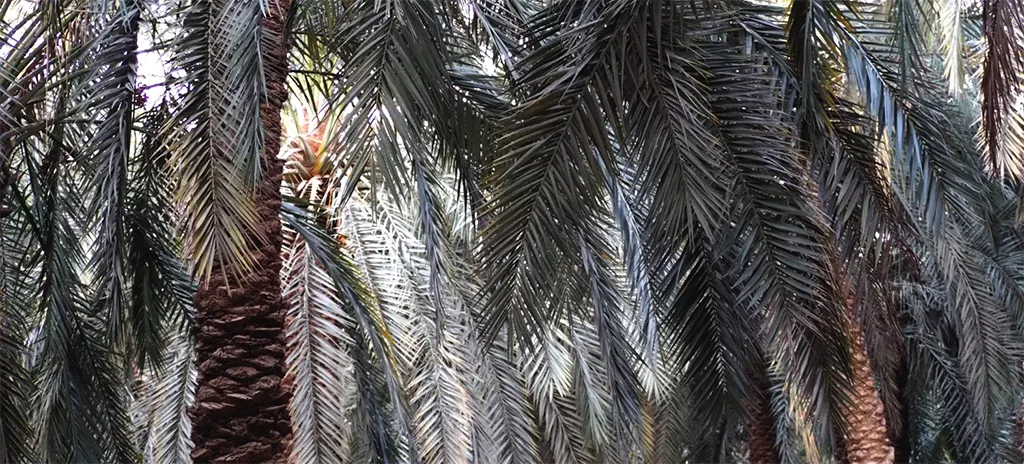By Juliette Roussel
Last year, I moved to Egypt for a year to confront myself and my western biases. I decided to go further than just studying post-colonial theories at a European University and travelled to understand orientalist and (neo)colonial dynamics better. This included reflecting on my own orientalist mishaps.
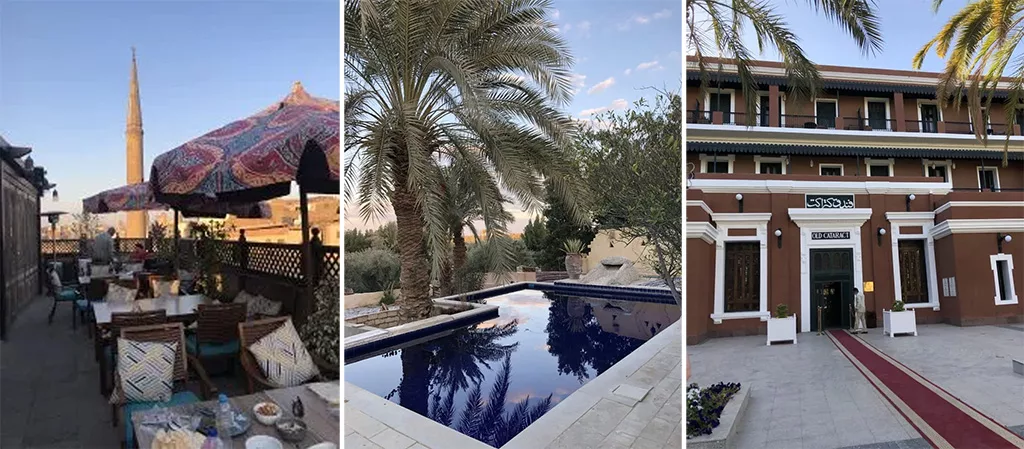
Learning from wrong conclusions
I came to the realisation that I could only learn so much by following a class on post-colonial studies. I wanted to live outside of ‘the West’ to explore if I would also understand practically what I had learned through readings and lectures theoretically. I picked Egypt for several reasons. Cairo alone has more people living in it than the entire country of the Netherlands, and Egypt as a whole has a population of more than 100 million. The country has a significant cultural impact on the MENA region. Additionally, because it was colonised by the French and the British afterwards, fewer people speak French there than in other North African countries, which would encourage me to study Arabic. I also had met a good friend at my university who came from Egypt and welcomed me in Cairo.
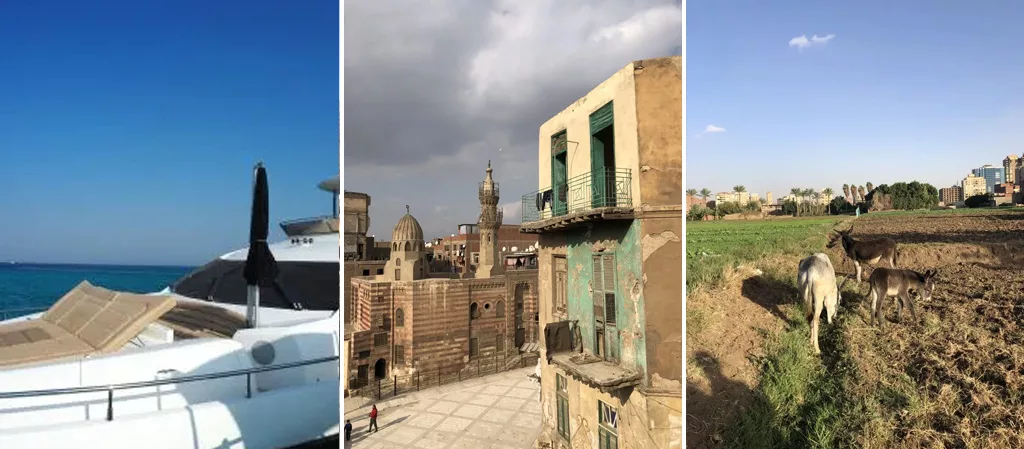
As soon as I arrived, I had my first “faux pas” on the understanding of Egypt. My friend took me on a tour and we visited locations where the Egyptian upper-class go on vacation. I was quite uncomfortable there and found it very difficult to interact with the people because we had very diverging interests. I observed the environment, the music, and the food they were used to. Everything resembled the West to me. Some of them were not keen to listen to songs in Arabic or eat Middle Eastern food, for instance, because they perceive it as bad. When I told them I was planning to stay in Egypt for a year, almost everyone started laughing at me. Why would a European woman choose to stay in Egypt, when she could stay in her “wonderful comfortable country”? My misguided judgments were that the people there were very wealthy, “westernised”, and therefore cut off from their own culture. I told my friend that I didn’t feel like I was in Egypt. And I asked her: “don’t they see that Egypt is fascinating and that a foreigner would be interested to learn more about it?”
We had a conversation that made me realise that I was seeing everything from an orientalist perspective. We talked about the things I should remember to avoid drawing the wrong conclusions throughout my stay. Egypt is a complex and diverse country with significant inequalities, several cultures and a long history of colonialism. I realized that these individuals, who seemed to be quite westernized in my opinion, were just as Egyptian as the rest of the population. In my view, the people I just met lived a life far away from their own culture. But my view held a romanticised image of Egyptians that my orientalist thinking had created.
These kinds of wrong conclusions were the main reason for my stay in Egypt. I expected to travel there, meet people and draw wrong conclusions. Wrong conclusions are much needed to develop one’s self-reflection.
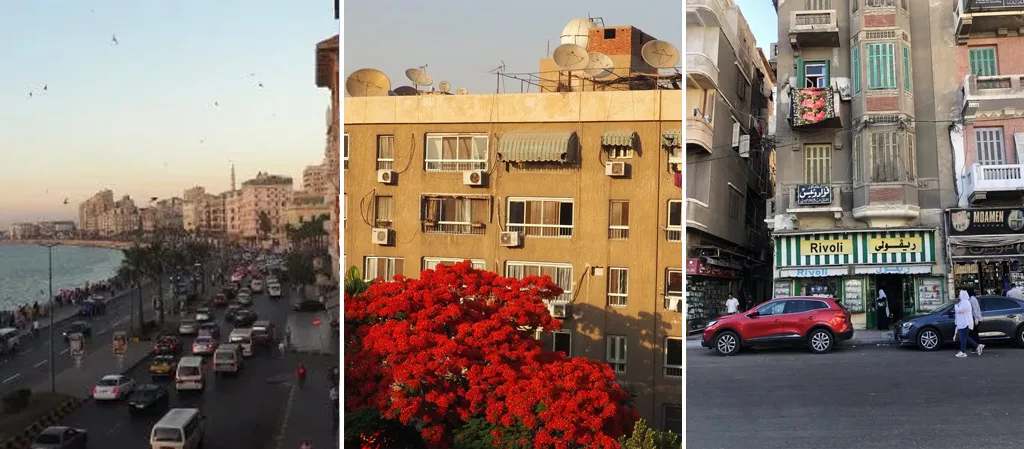
Intersectionality and realising positionality
University taught me about self-reflection and positionality. Just after high school, I left France to pursue my studies in the Netherlands, which gave me a fresh perspective on the history, politics, culture, and overall structure of my own country. My time at the University of Amsterdam offered me access to new materials, a fresh viewpoint, and the ability to think in different linguistic and cultural settings. However, I became increasingly aware of my position and privileges as a social scientist and as a person when discovering post-colonialism and gender studies. I learned about postcolonial studies through a minor in Middle-Eastern politics and history and gender studies through my political theory specialisation as well as my personal readings. Because of my thinking about my own prejudices, I constantly reflect on myself and those near me.
Young – able- upper-middle class – educated – skinny – white – Catholic background – French – Queer – ciswoman.
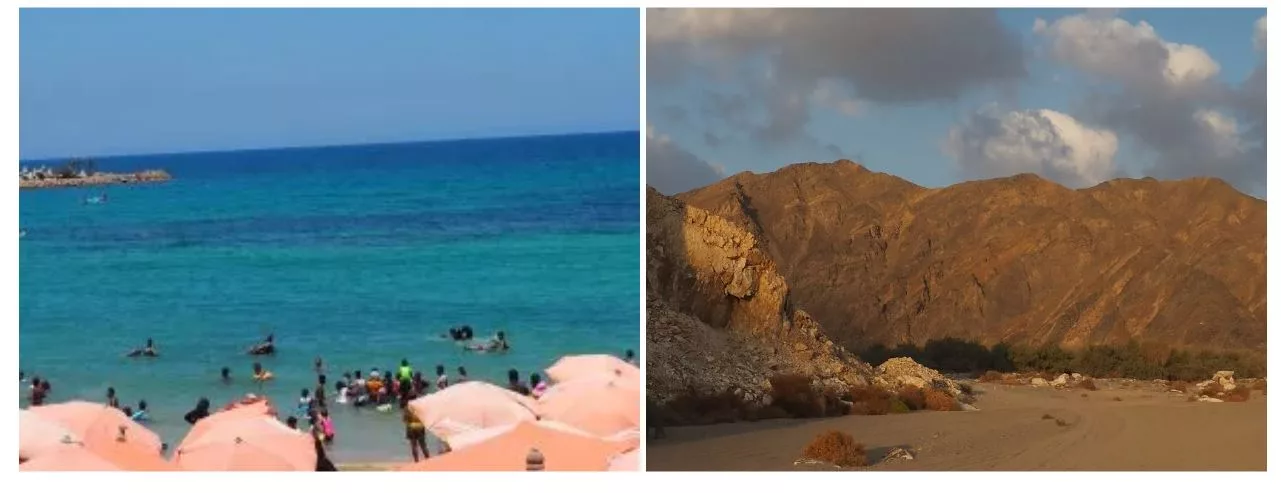
UvA taught me well about gender studies, compared to what my friends in my field in France were seeing. In my experience, my specific positionality also helped me to understand gender and queer studies on a deeper level than postcolonial studies. When it comes to understanding post-coloniality, it is important to note that I still learned from a West-European university, which taught me mainly from a Western perspective. My personal positionality did not help me in understanding post-colonial studies like it did in gender and queer studies.
After reading tons of texts about orientalism, postcolonialism, white feminism, white queer theories etc, I developed my critical thinking on my country but also my university and everything around me: films, newspapers, music… More specifically, I started to take great care of intersectionality at the end of my bachelor thanks to my feminist theories class of the moment. I wanted to have an intersectional approach in my work. My year in Egypt made me realise that there is not just one intersectional process. Having an intersectional perspective is an ideal-type and no one will ever be able to grasp the entirety of it because of each one’s positionality. An intersectional approach, in my opinion, is working in a way that is self-reflective in order to as effectively counter one’s own prejudices as possible and to detect power dynamics that don’t affect me personally or grant me privileges.
For me, gender and queer issues were easier to grasp than racism or post-colonial issues. Critical thinking is one thing, but requestioning your own biases is another. I felt that my Western biases were the hardest biases to deconstruct. You can’t dismantle 22 years of experiences at once, instead, self-reflection is a never-ending process. My background makes me easily misunderstand a country like Egypt. The mistakes and wrong conclusions I made while staying in Egypt helped my process of self-reflection and enriched my knowledge.
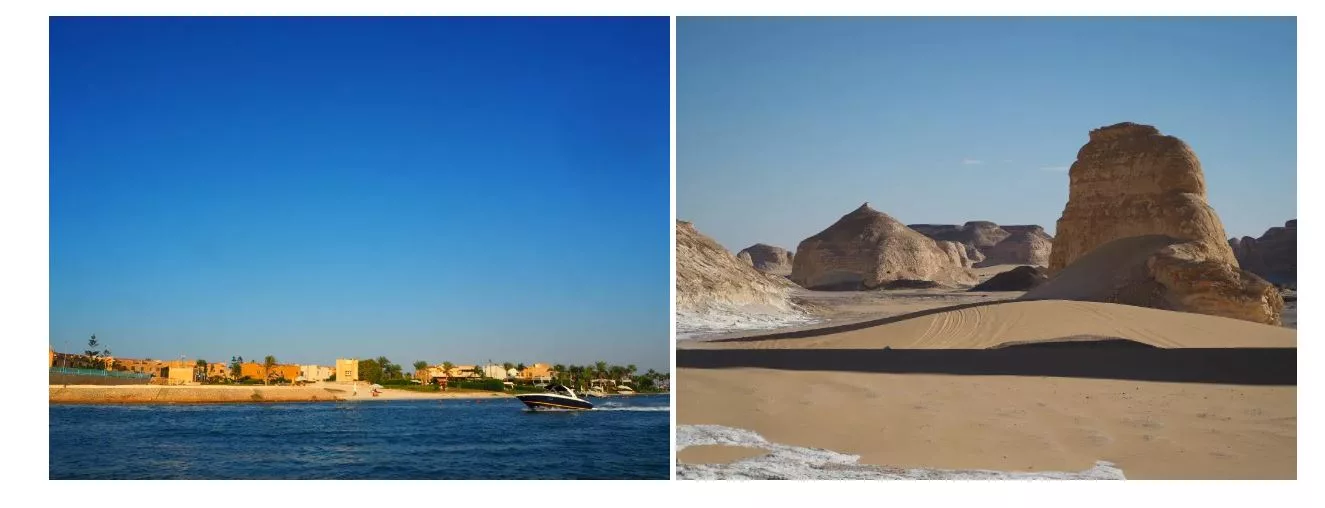
To give you a glimpse of the diversity, I tried to share a variety of photos I took while I was in Egypt, in this blog post. A luxurious hotel in Aswan, the mountains of the Valley of the Camels, resorts, fields, palm trees, the white desert and the old city are just a few of the many places that can be found there.
Juliette Roussel is a Board Member of LOVA Network. She graduated in Political Science at the University of Amsterdam and is currently a master student at École des Hautes Études en Sciences Sociales (EHESS) in Paris.
